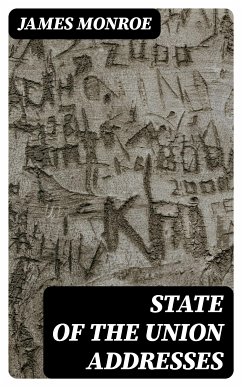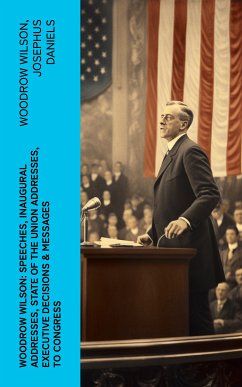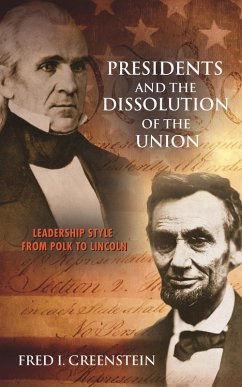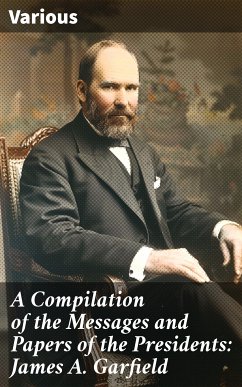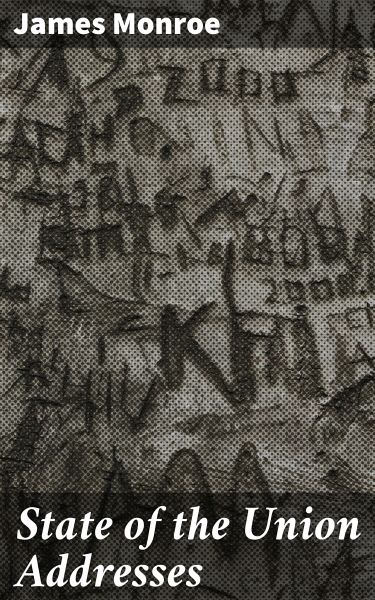
State of the Union Addresses (eBook, ePUB)
Insightful Presidential Addresses from a Pivotal Figure in American History
Versandkostenfrei!
Sofort per Download lieferbar
1,99 €
inkl. MwSt.
Weitere Ausgaben:

PAYBACK Punkte
0 °P sammeln!
In "State of the Union Addresses," James Monroe offers a meticulous compilation of his presidential addresses, capturing the essence of early American governance during his presidency (1817-1825). The work is notable for its clear prose and direct engagement with contemporary issues such as national unity, foreign policy, and economic development. Monroe's eloquence underscores the challenges of a nation in formation, reflecting the ideological tensions of a post-colonial America while laying the groundwork for future policy. With a focus on both the domestic landscape and international relati...
In "State of the Union Addresses," James Monroe offers a meticulous compilation of his presidential addresses, capturing the essence of early American governance during his presidency (1817-1825). The work is notable for its clear prose and direct engagement with contemporary issues such as national unity, foreign policy, and economic development. Monroe's eloquence underscores the challenges of a nation in formation, reflecting the ideological tensions of a post-colonial America while laying the groundwork for future policy. With a focus on both the domestic landscape and international relations, Monroe's addresses serve as a powerful testament to the principles of democracy and the importance of civic engagement. James Monroe, the fifth President of the United States, played a pivotal role in shaping American political thought. A founding father and a primary architect of the Monroe Doctrine, his experiences in public service, including as a diplomat and governor, informed his understanding of the nation's needs. His addresses are not merely political texts; they are an embodiment of his vision for America, revealing a leader deeply invested in the ideals of liberty and national strength. This collection is indispensable for both students of American history and general readers alike. It invites reflection on the foundational principles that have guided the United States, making Monroe'Äôs insights relevant in today's political climate. Readers will find not only a historical document but a rich source of inspiration for understanding the continual evolution of the American identity.
Dieser Download kann aus rechtlichen Gründen nur mit Rechnungsadresse in A, B, BG, CY, CZ, D, DK, EW, E, FIN, F, GR, H, IRL, I, LT, L, LR, M, NL, PL, P, R, S, SLO, SK ausgeliefert werden.




